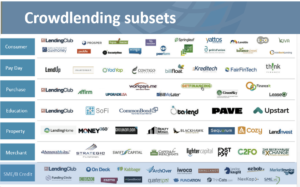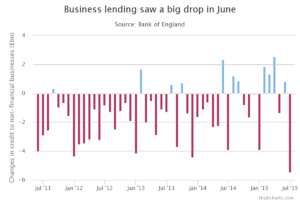LEWIS, the global communications agency, has been selected by ArchOver, the P2P business lending sevice, to deliver a communications programme aimed at driving greater awareness of alternative financing among small-to-medium businesses and investors in the UK.
ArchOver provides UK based SMEs with the facility to borrow from £250,000, where the loans are secured with an all-asset charge over the borrower’s business and registered at Companies House. Unlike other peer-to-peer lending facilities, all borrower revenues flow through controlled bank accounts owned by ArchOver and the borrower, and the value of the security are monitored monthly throughout the loan term. This combined approach of an all-assets charge, control over the cash flow and monthly monitoring provides enhanced security to the lenders. This differentiator has attracted a range of individuals seeking a secure and favourable return on their investment, currently up to nine per cent per annum. The business is growing rapidly with ArchOver having already lent over £37m, secured full FCA authorisation and generated an average return of 7.26 per cent to its investors.
In a competitive pitch process, ArchOver selected LEWIS for its approach to driving awareness as part of an integrated marketing strategy to attract new lenders and borrowers to the platform. LEWIS will use its storytelling approach to explain and evangelise the merits of alternative financing.
Ashlee Dutton, marketing manager, ArchOver, said, “We chose LEWIS because they showed very clearly how they would engage our target audiences with the right content across the right channels. They demonstrated market knowledge, strategy, and creative storytelling. We are excited about the partnership and have already seen some great results in the short time we have been working together.”
Ruth Jones, Deputy Managing Director UK, LEWIS said, “UK SME’s are the growth engine of the economy yet traditional financing is hard to secure for the majority. ArchOver’s P2P lending platform is disruptive as it provides a new platform for borrowing, while giving individuals a safer way to realise better returns. We are excited to be part of the team that gets to share the ArchOver story.”


